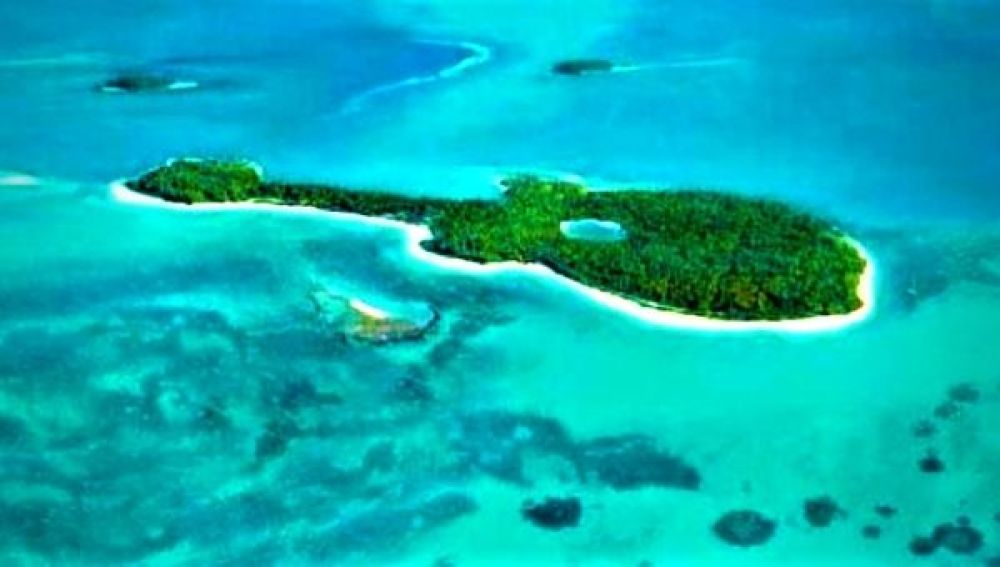

As one of the less explored islands in the Andaman and Nicobar archipelago, Guitar Island is a narrow and long stretch of land that, true to its name, resembles the shape of a guitar from an aerial view. This charming sliver of land is noted for its serene environment and unspoiled natural beauty.
The history of tourism in Andaman and Nicobar Islands dates back to the latter half of the 20th century. After India's independence, initiatives were taken to promote the islands as a tourist destination. However, it wasn't until the 1970s and 1980s that tourism began to flourish, with the government investing in infrastructure and promoting eco-tourism.
Notable for its historical significance and natural wonders, the Andaman and Nicobar Islands became popular for their pristine beaches, clear waters, and exotic marine life. Sites like Cellular Jail and the Ross Island Penal Colony drew visitors interested in the region's colonial past, while Havelock Island (now Swaraj Dweep) and Neil Island became known for their paradisiac beaches and scuba diving opportunities.
The turn of the millennium saw a significant increase in the number of tourists as global travel became more accessible. The islands' indigenous tribes, unique biodiversity, and the allure of untouched beaches attracted both domestic and international travelers. In response to the tourism boom, conservation efforts intensified, aiming to preserve the delicate ecosystems present throughout the archipelago.
Guitar Island emerged as an attraction more recently, appealing to those in search of solitude away from the more touristy spots. The island is only accessible by boat, providing a sense of adventure to those who visit. Due to its remoteness, the island has remained relatively under the radar, preserving its peaceful ambiance and natural beauty.
The latest trends in tourism in the Andaman and Nicobar Islands include a push towards sustainable travel and eco-friendly activities. Tourists are increasingly seeking out isolated destinations like Guitar Island to avoid crowds and connect with nature. There is a growth in demand for experiences such as guided eco-tours, snorkeling in lesser-known spots, bird watching, and discovering the mangrove-covered backwaters of Baratang Island.
Local authorities are aware of the balance that must be struck between promoting tourism and preserving the environment. As a result, policies and guidelines are in place to ensure that the islands remain a paradise for future generations. Guitar Island continues to be a hidden gem, largely untouched by commercial development, offering a tranquil escape to those fortunate enough to visit.
Visitors to Guitar Island can look forward to a tranquil beach experience, with opportunities for sunbathing, swimming, and exploring the island's unique shape. The clear waters surrounding the island are also ideal for snorkeling. Keep in mind that there are no facilities on the island, so visitors must bring everything they need for the day and take back anything they bring to leave the island as pristine as they found it.
Guitar Island stands as a testament to the Andaman and Nicobar Islands' evolving tourism scene. It maintains a perfect blend of natural allure and seclusion that continues to captivate the hearts of travelers. As the whispers of its charm reach more ears, it stands poised as one of the future stars of the Andaman and Nicobar's tourism portfolio, provided it is cared for with respect and responsibility by all who venture there.